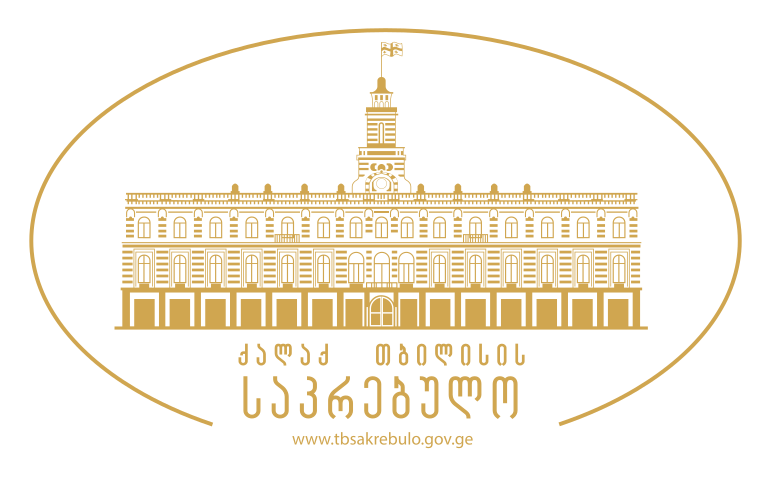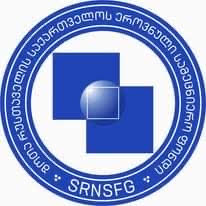019- World Literature and National Literature
Organized by: Shenzhen University. Prof. Peter Hajdu
English
As it is well known, Goethe contrasted the two concepts, and according to his most frequently quoted formulation (from his 31 mentions of world literature during his dialogues with Eckermann), the epoch of world literature was at hand, while national literature was (or had become) a rather unmeaning term. National literature proved to be a very meaningful term for the 19th century, but its relationship to world literature has been a topic of vivid discussions for two hundred years. In the socialist countries world literature meant the entire literary production of the globe minus the national literature of one’s own. But the concept of world literature as a global canon was haunting there too: a world canon that apparently (or due to the given national ambitions) does (or should) overlap the national canon. World literature can be also defined as the literature circulating beyond the boundaries of the national literature of its origin. Viewed from circulation or canon formation, world literature does not exist as a single universal; it has local, areal, regional, national, and sociocultural variations. For example, world literature circulation had very different possibilities and circumstances in the West and in the East during the Cold War. Colonization, global migration, and the creation of multinational postcolonial nation-states have destabilized the notion of national literature in many places. One can try to anchor national literature in political-geographical locality or in language. In the former case, national literature can easily mean a multilingual and multicultural conglomerate; while the shared language, in the case of some “world languages,” might put the literatures of different nations in the category of the same national literature. Both approach might bring with it the insight that national literature is always already world literature.
The question of translation can never be dropped in the discussions of world literature. Is translation the medium of world literature? Or is translation what creates world literature? Works of those authors who already write for translation (i.e., for the global or world literary market) do still belong to national literature or should they be regarded as already translations from a global literature? Or in another approach: will translations be integral parts of the national (target) literature? The practice of reading in foreign languages (the borderline between comparative literature and world literature studies in North America) might constitute the conditions for transnational circulation in the case of some languages.
The panel welcomes both theoretical approaches to the above problems and case studies.
The Project was supported by Shota Rustaveli National Science Foundation of Georgia (SRNSFG) [grant number MG-ISE-22-170]


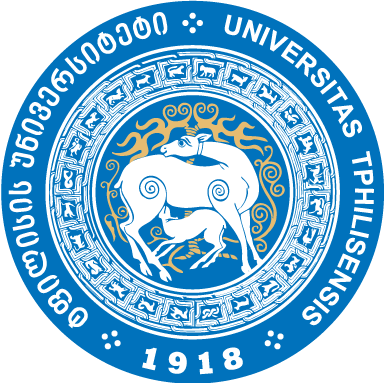

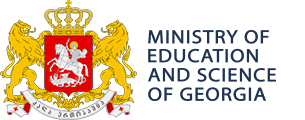
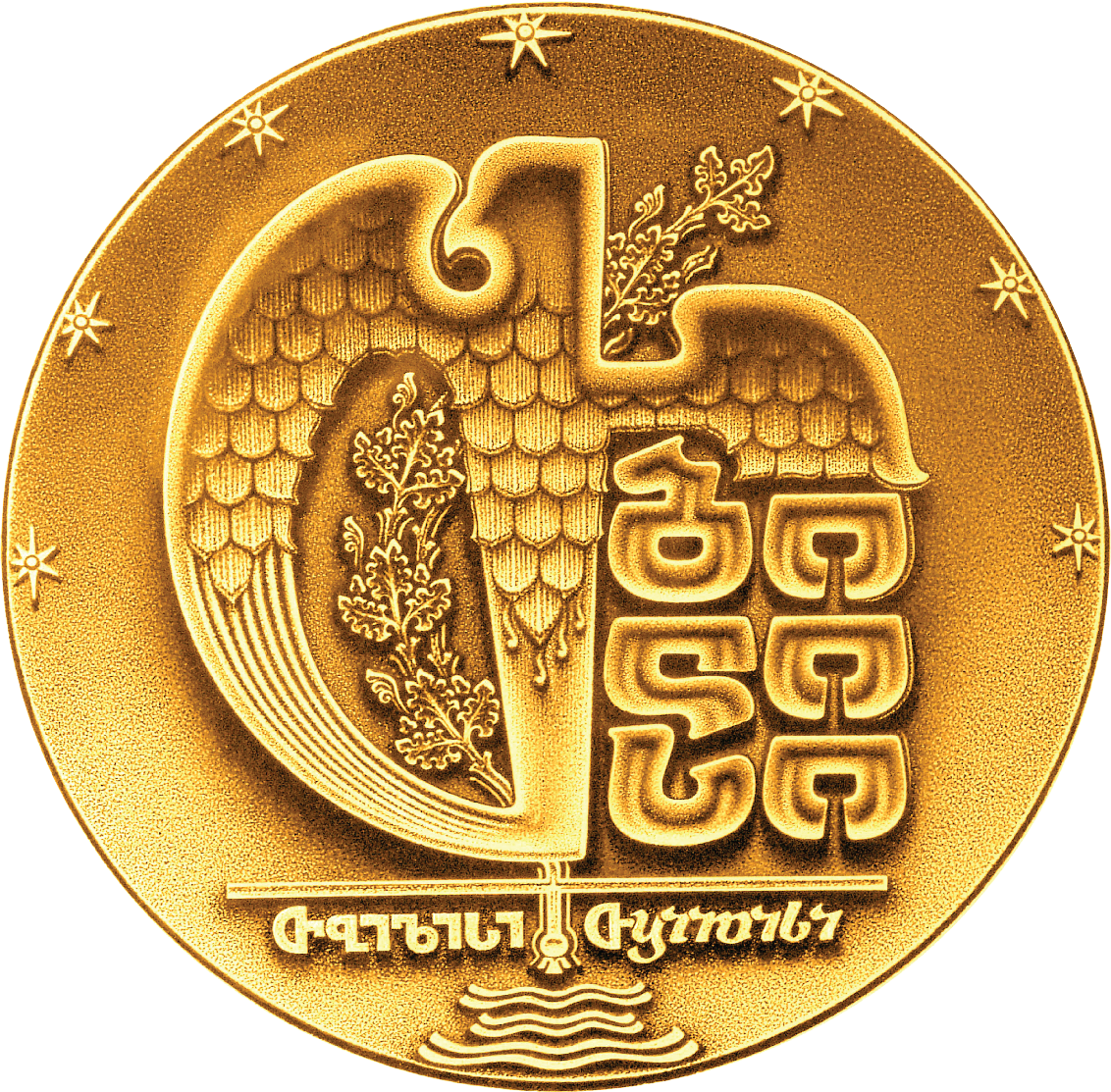

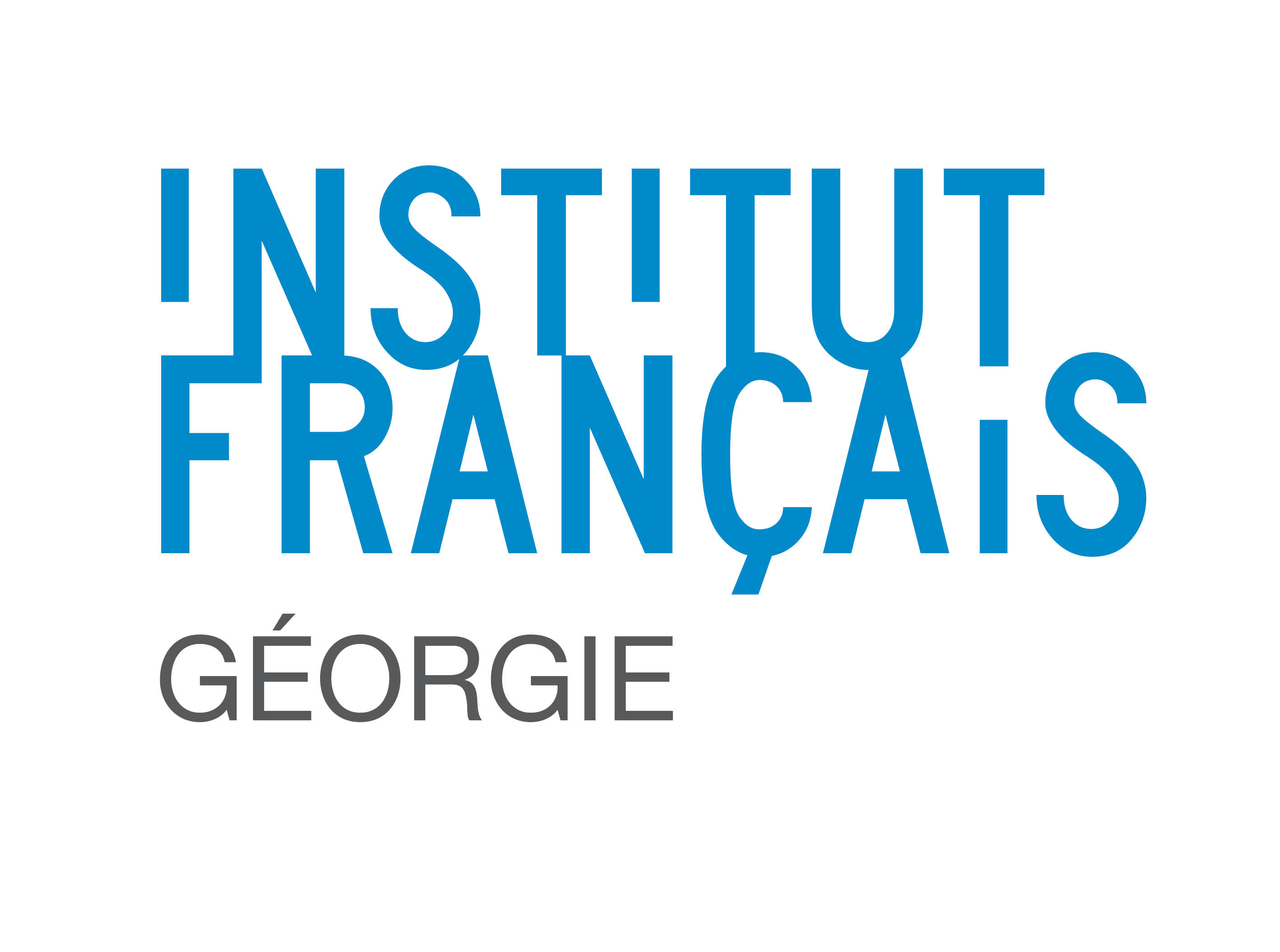


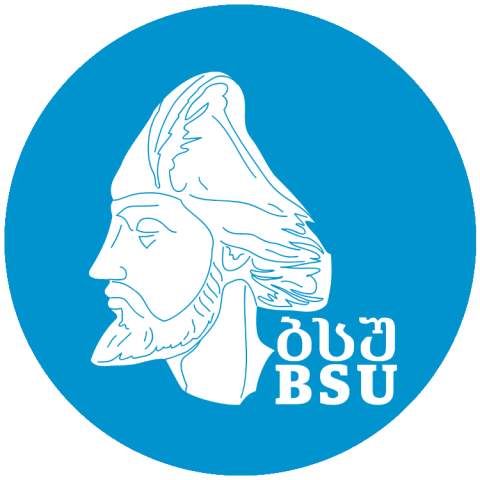

_001.png)

